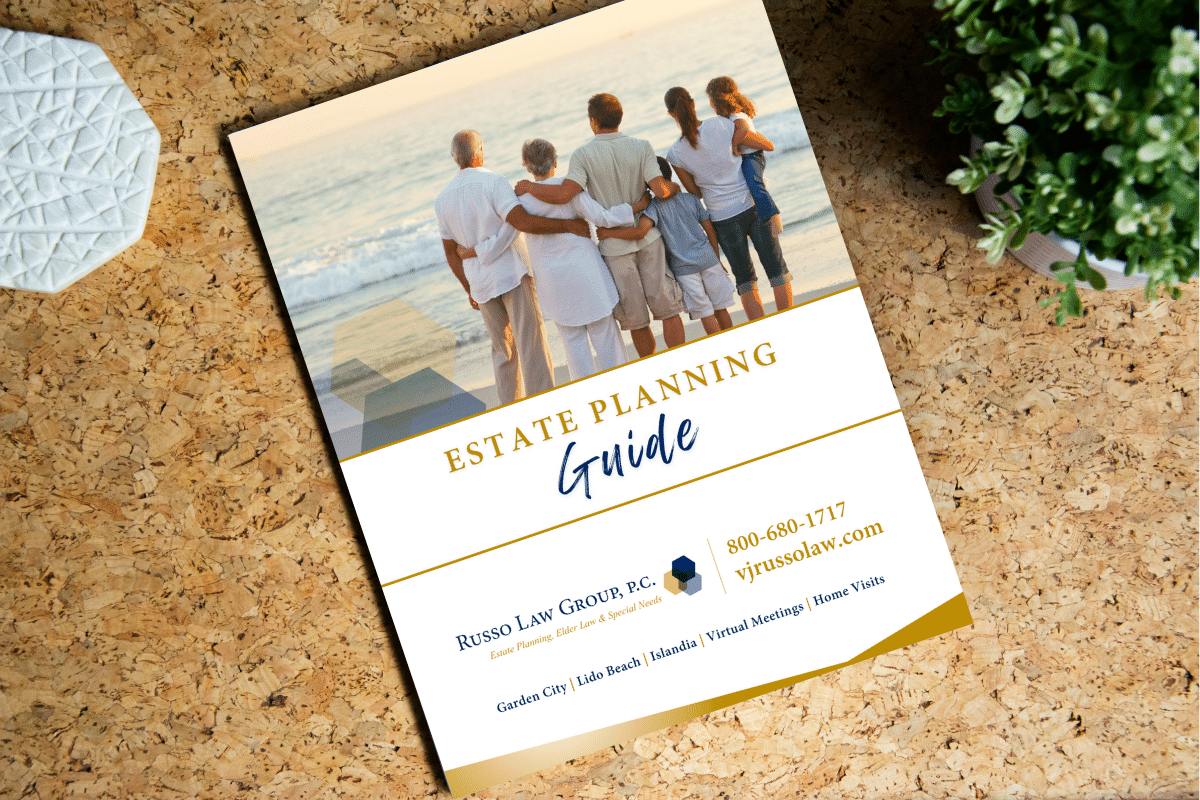In June 2025, House Democrats Jimmy Gomez (CA) and Don Beyer (VA) reintroduced the Choose Medicare…
As a planner, I sometimes hear things like:
- “I thought I could give my kids $10,000”
- “I’ll just sell my house to my children for $1”
- “Can I pay my grandson’s college tuition and not have to worry about Medicaid?
- “I will not give my daughter money to buy a car, I’ll just buy it for her”
So…when is a gift a gift? Is there ever a time when a gift is not a gift?
When it comes to Medicaid, the general rule is a gift is a gift, meaning that if you make a gift of your assets within the lookback period for nursing home Medicaid (the 60 months [5 years] immediately prior to the Medicaid application), the general rule is that a penalty will be assessed by Medicaid. The penalty is a period of time-based upon the amount of the transferred assets (gifts) during which you will not be eligible for Medicaid benefits and will have to privately pay for the nursing home care (unless covered by insurance).
However, not all gifts create a penalty (or, the gift is not a gift). There are a handful of exceptions to the general rule that a gift creates a penalty. These are called “exempt transfers”.
One of those exceptions is when a gift is made to a spouse. There is no penalty (waiting period) when assets are transferred to your spouse, regardless of when it is done or the amount.
The question raised above, giving your children $10,000, is a common misconception when it comes to asset protection planning. Many people confuse the IRS rules with the Medicaid rules. Under IRS regulations, we are each permitted to make gifts of up to $15,000 per person each year without having to file a gift tax return. However, under the Medicaid rules, those gifts will almost certainly subject to donor to a Medicaid penalty if they require nursing home care within 5 years of the gift.
Likewise, “selling” your $400,000 house to your kids for $1 is, in reality, gifting your kids $399,000, again creating a Medicaid penalty (with some exceptions).
When discussing these confusing rules with people either during a seminar or a meeting, I am often told that it is a lot for them to remember. My response is usually that it is quite simple – you do not have to remember all of the rules and (sometimes more importantly) all of the exceptions, you just need to know an experienced elder law attorney.
Please contact one of our experienced elder law attorneys if you have any questions or need assistance with planning.




Comments (0)